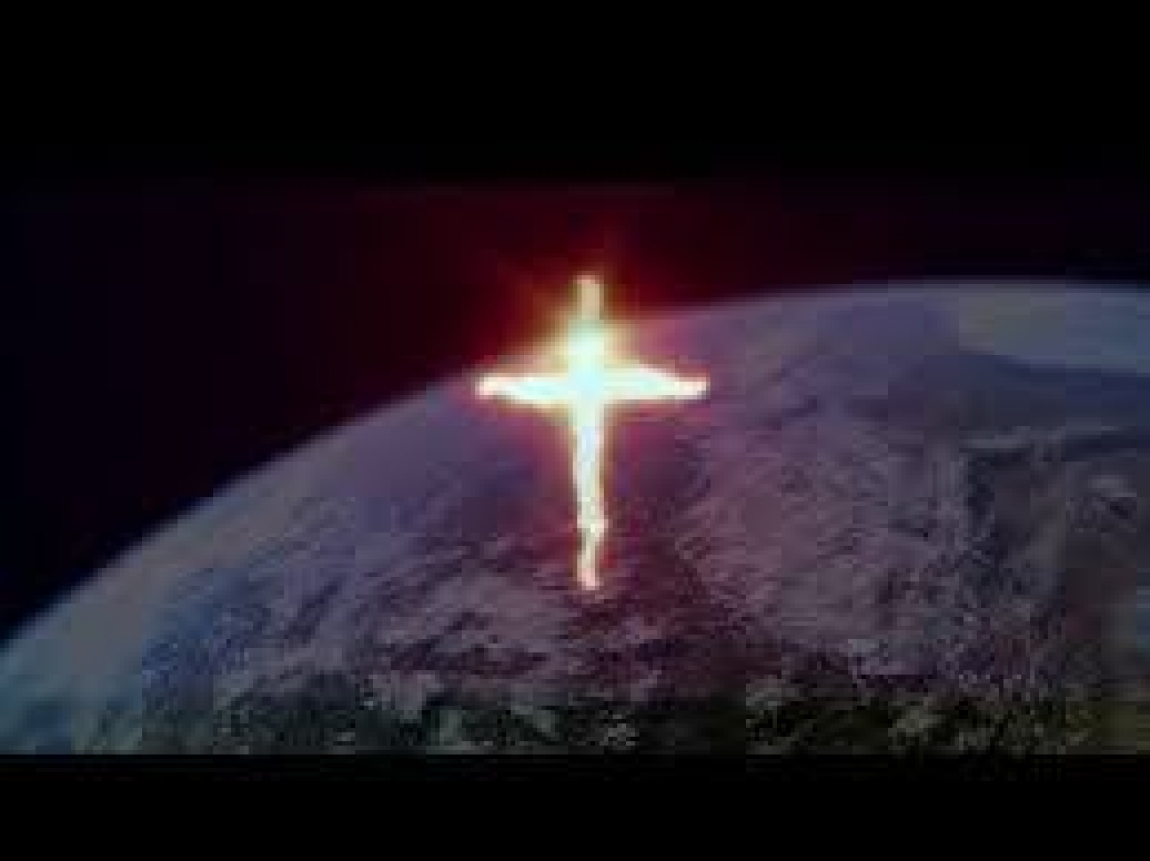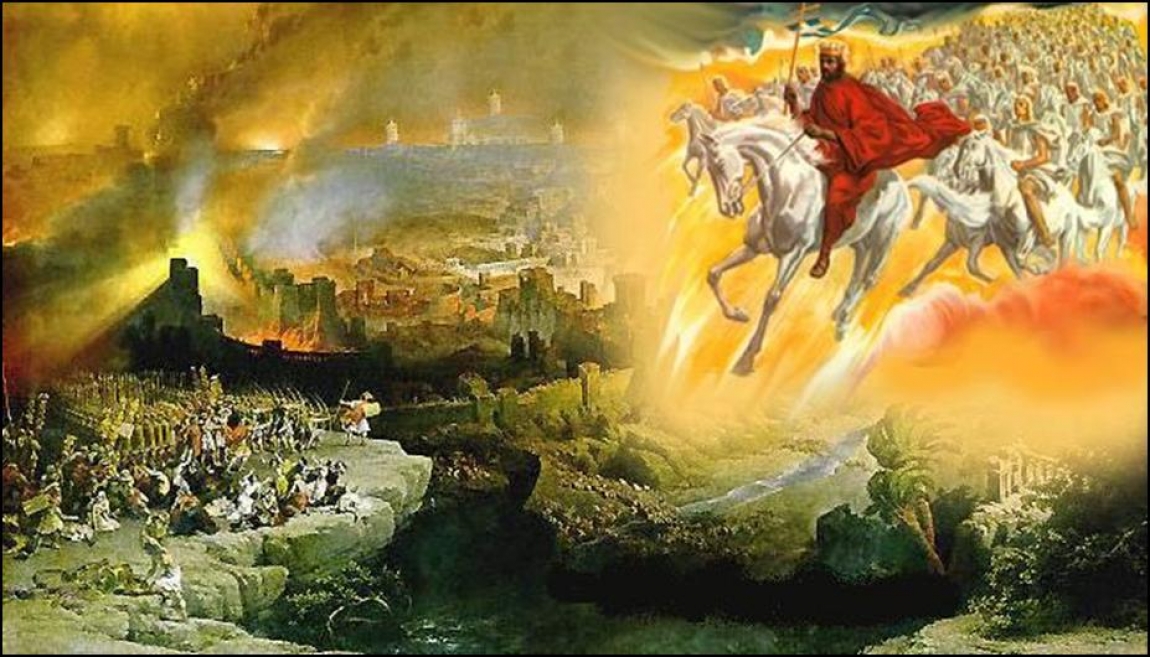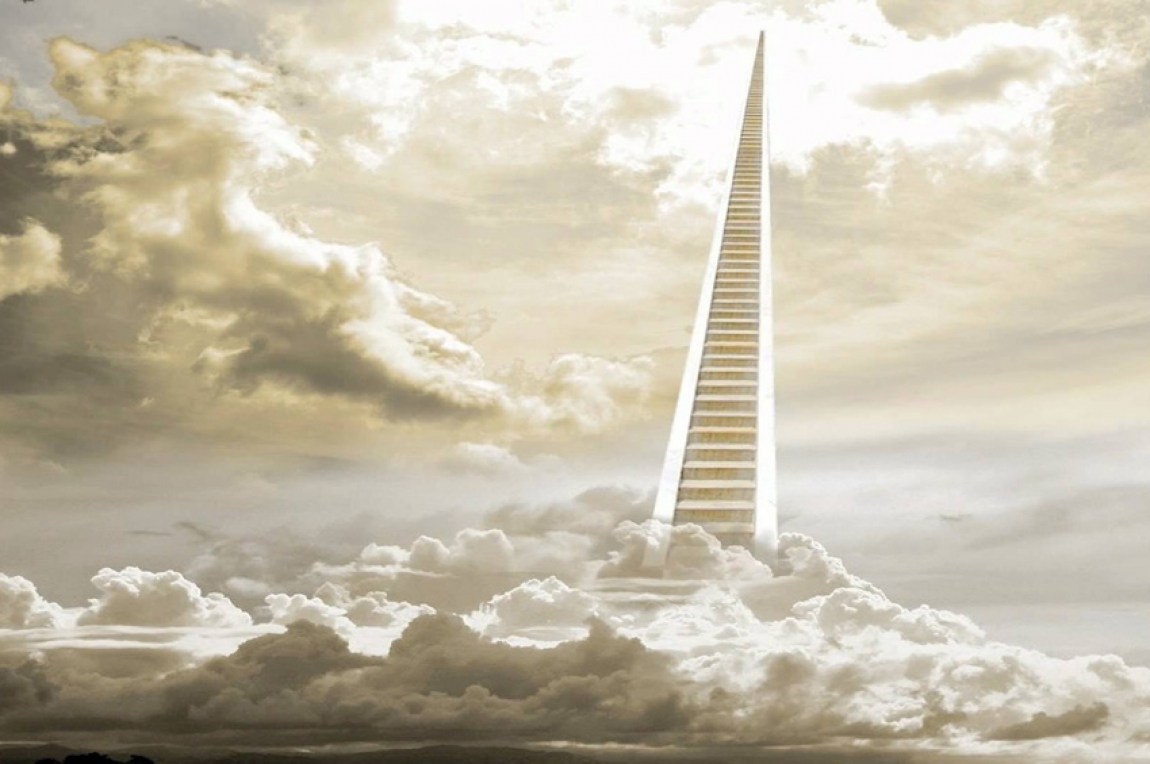The majority of people mistakenly identify the “End Times” with the “End of the world”. This is not only due to the word “End” meaning the last or the most remote but that in the west the post-Augustinian interpretation prevailed which did not explain the idea that Christ may reign for a “Thousand years” in this world.
The blame lies with St. Augustine who in his work “The city of God”, while trying to combat the heresy of Cerinto, spiritualised so much the Kingdom of Christ that his interpreters confused the end times with the end of the world, and the Kingdom of Christ with heaven.
Cerinto imagined the millennium as an unending series of parties and banquets, which later in the Church was called “Crass or carnal millennialism”, which is precisely what the Magisterium condemns.
Theology, in the same line, believing that radical “Millennialism” could lead to a certain materialism, put more emphasis in the explanation that the Kingdom of Christ is developing inchoatively within man and will only be fully realised in Heaven.
But this is precisely a materialist reading which distorts the interpretation in its entirety, seeing that in The Apocalyptic genre, a “Thousand years” means a “Long” lapse of time, besides that there exists parallel passages that point to the spatial-temporal realisation of the Kingdom and that no reasons can be found to rule out that this Kingdom may effectively last a thousand years.
On the other hand, the early fathers of the Church conceived of the end times as the period of purification that precedes the glorious return of Christ, who will return to defeat evil and reign in the world for an extensive period of time.
In this sense, the end times are a period of harvesting where the corn and the darnel are separated, having grown together throughout history. The end times are the global purification before the return of Christ. The end times are the end of human history as we have known it up until now, before the world and human nature are completely renewed, thus fulfilling the original design of God.
The words of St. Matthew “As there has never been nor will ever be”, referring to the Great Tribulation (Mt 24, 21), clearly infer that human history will continue after the end times and that a purification of this kind will not happen again.
Surprisingly, Pope John Paul II rescued the original interpretation when, in one of the first catechesis of this millennium (14-02-2001), while analysing the Apocalypse in the light of the great theologian St. Ireneus, a second century father of the Church, explained that the “Recapitulation” of all things in Christ would be carried out in this history and on this earth, although totally transformed.
Quoting some parts of the Catechism of the Catholic Church itself, “At the end of this battle, spoken of in some admirable pages of the Apocalypse, Christ will accomplish the “Recapitulation” and those who are united to Him will form the community of believers which will no longer be wounded by sin, by stains and by self-love which destroys and injures the earthly community of man”.
The words “Community of believers” necessarily refers to our spatial temporal reality, since the virtue of Faith does not exist in Heaven.
As a result of a mistaken hermeneutic, many expect that the glorious manifestation of Christ will happen with the end of the world and the final judgement. But theologically this is incorrect.
Yes, The final and definitive judgement will happen at the end of human history, according to the Apocalypse, but the Parousia or glorious return of Jesus Christ occurs at the beginning of a long period of peace and universal wellbeing, which is inaugurated by the apparition of the Lord of history descending at the end of the Great Tribulation, a global purification which seals the end times.
In effect, the events of May 1948 and the war of 1967 give us the certainty of already living in the end times in a wide sense, while the start of the Great Tribulation, in the strict sense, only remains to be determined, commonly known as the “Week of Daniel” in which a day corresponds to a year.











